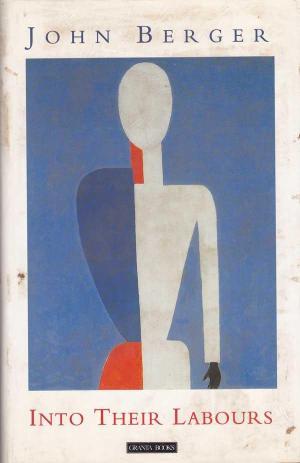What do you think?
Rate this book


544 pages, Hardcover
First published January 1, 1991
Als ze me als kind hadden verteld hoe het leven van een volwassene is, had ik het niet geloofd. Ik zou nooit geloofd hebben dat het zo onaf kon zijn. Als we jong zijn kennen we aan ouderen zoveel gezag en zekerheden toe.